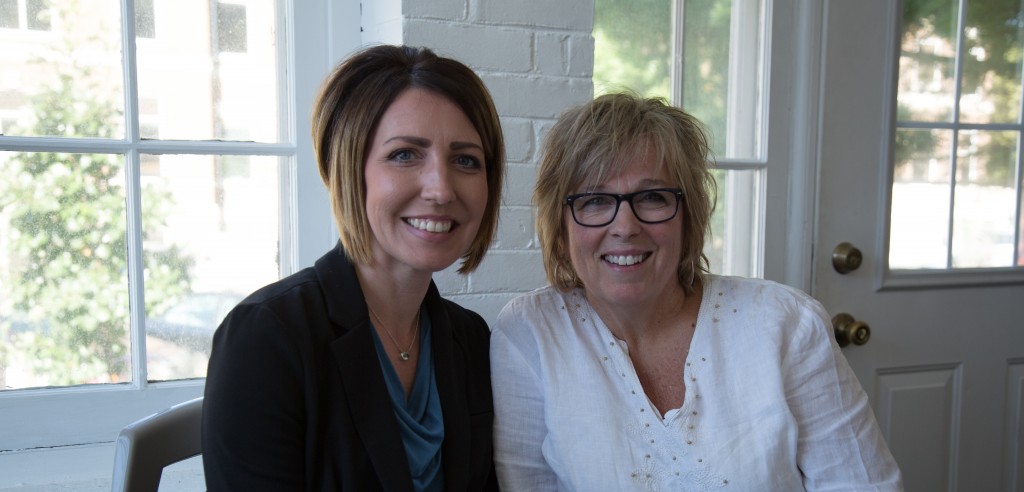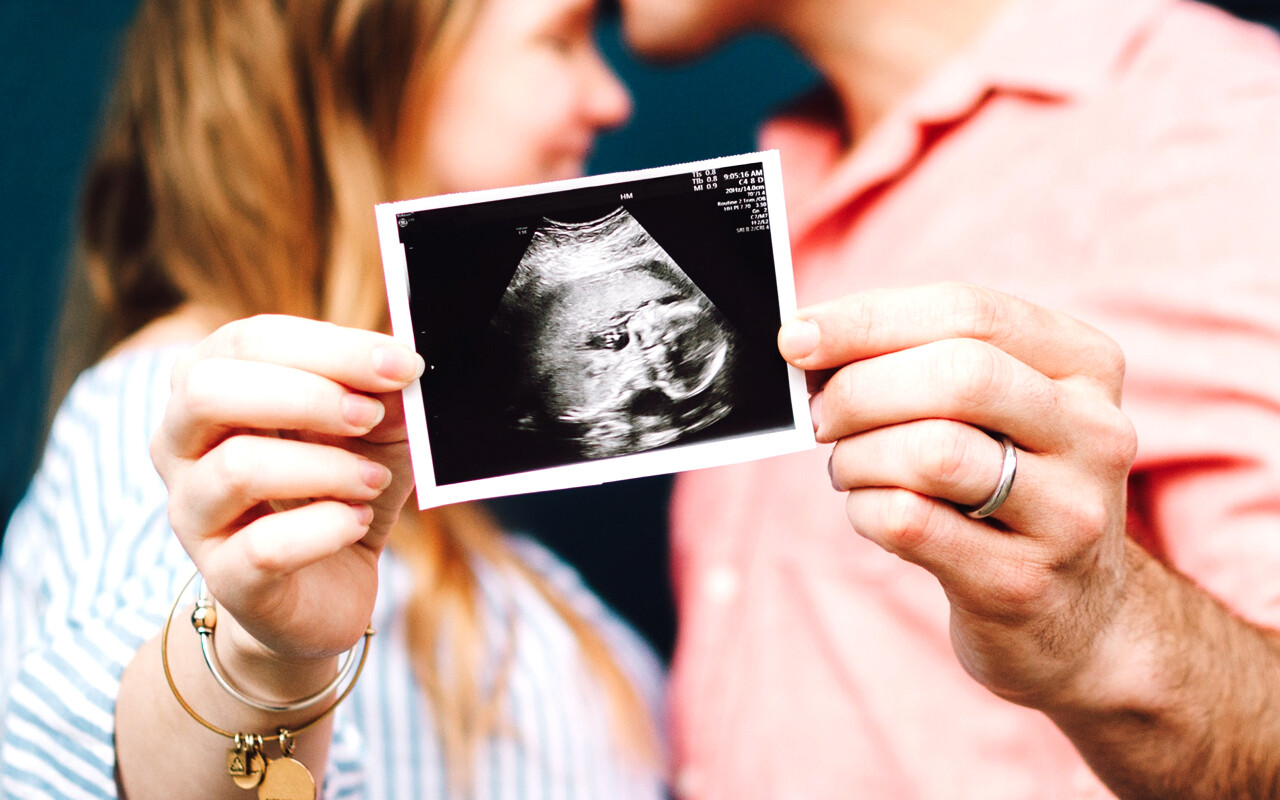
Lisa Welter, Eagle Brook's community care director, sat down with Maridel Sandberg, Safe Families for Children's executive director,to talk about what Safe Families is doing to help impact lives in the community.Safe Families for Children is a non-profit organization seeking to bring hope and support to families in crisis. It started in Chicago in 2003, and has since expanded to more than 60 cities across the country.
Maridel Sandberg started the Minnesota chapter of Safe Families for Children six years ago, and serves as the MinnesotaExecutive Director.
Maridel saw the need for this program in Minnesota after learning about the orphan crisis in our own backyard. Right now in Anoka County there are 265 kids in foster care but there are only 97 foster homes. There are 32 kids that are true orphans. Currently there are 956 open child protection cases in Anoka County alone.
Eagle Brook began a partnership with Safe Families in 2016, because we believe that the Church is the answer to this crisis. When we step into the lives of children and families in crisis, we're not just helping with their physical needs, but we're showing the love of Christ to individuals who may never have experienced that hope before.
Under the umbrella of Safe Families, Maridel and her team are seeking to build a stronger safety net for families in crisis throughout our communities and state so that more children and their parents can get help prior to abuse or neglect.
What was the catalyst for launching Safe Families in Minnesota?
Prior to this, I was working as the president of the Christian Alliance for Orphans, which is another non-profit that I helped start. During that time, I heard about Dr. Anderson and what he was doing with Safe Families for Children with early intervention and child abuse prevention. I was still involved with the orphan crisis in Africa at the time, so I was in Uganda in a little village there, and we were visiting HIV clinics and orphanages during the day, and coming back to live in the village during the evening. And it was [on that trip] that the Lord spoke to me and said that, really, the crisis in Africa is no different from the crisis in America. We just have systems in place to hide those orphans from us, like foster care and group homes. There are 125,000 legal orphans in the United States. And those are children whose parents' rights have been terminated by the government because there's no parent that can effectively parent them, and they're waiting for forever families. To me, that was shocking and horrifying.
Historically, the Church was the center of the community, where people went to find help and care. Today, the government has created programs for the most vulnerable and the Church isn't at the center of that care. Safe Families' work and calling is reigniting the mandate of Scripture to care for orphans and calling the Church back to its historic roots of being the center of the community.
What do you do to help families in crisis?
Our work is around the early intervention and child abuse prevention. Across our country, there are five million calls to child protection each year. And of those reports, only one million are actually investigated. Now, some of those could be a lady next door who's saying "They're too loud and they scream at their kids!" But most of them are people who are desperately concerned about another child's well-being. The threshold [for intervention] is now so high that it's often too late—a child has already been neglected, already been abused, already been harmed. The foster care system has its hands full.
Safe Families wants to help a mom or a dad before they're at a breaking point. Studies show that child abuse and neglect happen because families are in isolation. They don't have the needed support at the time that they need it. Whatever those things are that cause crisis, can put children at risk, specifically for neglect, if not abuse. Most of the families that are calling for our services are voluntarily asking for help. We're empowering parents to have a choice, to say, "I need help." Most people are not very good at that, even people who have resources. Imagine a woman who's so at the end of herself that she's saying, I'm going to call a complete stranger and ask them to care for my only meaningful relationship on planet earth, and that's my child. It's a huge risk. So, our goal is to create an environment where that's a normal thing, that it's the powerful, meaningful, safe choice to ask for help. And we do that through recruiting volunteers who are approved, background-checked, and home-study ready, to take care of children while families are facing crisis. Most of the families we serve have been facing crisis for months and months or years and years, and all of a sudden just hear about us.
Safe Families is building a safety net of support in the community, so that when people are in crisis they don't need to fall. Our goal is not just to care for kids, but it's to love their parent in that process by caring for their kids. We can't necessarily fix mom or dad, but we can offer them respite hope.
What does it look like for someone to start the volunteer process with Safe Families and get involved?
We're calling the church to action through baby steps of opportunity. [The first step] is being a resource family. I'm going to help you with physical needs so you can take care of a child. But as we grow, the opportunity becomes more to host a child.
I think what's beautiful about Safe Families is that we're calling the Church to engage at their level, whatever that looks like. Safe Families isn't just hosting and resources though; there is a middle person that we like to call a family coach. Those are people who help make that [biological parent-host parent] relationship work. It's ministry mobilization with professional oversight. We have people who are going to make sure this is really going well.
Obviously that is a spectrum of commitment. We're excited mostly about the fact that the strong call needs to be, "You won't step into this alone. The Church is going to back you." We're going to call small groups to care for you, to support you, to make sure that you have enough. I think it's just an opportunity to ask, what is my responsibility? Not, "Will you?" But "What will you do?"
What does that training look like?
We like everybody to go through our basic training which is a four-hour process. Background check, training, application, and then, if you want to become a family coach, you'd take extra training. But I think there needs to be a buy-in to a philosophy, that this isn't about a program where you check off a list, this is about relationships, about making yourself available to people that are in awkward situations, and that's where the mentoring and training really happens, where families are then coached to help them navigate those feelings of resentment, or feelings of exhaustion and struggle. This is not for the faint of heart.
You go through the training, and then we do a home study. We make sure your home is safe. We also want to make sure you're safe—how are your relationships in your own life, what's your capacity? From there, assuming you're approved, then you're on call.
What's the length of time for home stays?
The average is about 45 days, but in Minnesota we have really long and really short stays. Because we serve Teen Challenge, which is usually a year and a half, and we serve the prison, which is usually at least a year. If mom has children, whether she has a baby in prison or has children already and ends up in prison, we're able to help her kids until she gets out. Unless those children are already part of the state system, foster care. If they already have an open case with child protection, then we cannot be involved without [their] supervision.
You recently began a partnership with Anoka County. Can you tell us a little more about that?
Our goal is to find out, where is that space for Safe Families? Where we can jump in and be that back-up for the kids that aren't screened into foster care? The calls that come in to foster care, it doesn't meet the threshold for foster care, but they're definitely at risk. That's one place where we want to play a critical role, is when those kids are screened out, why don't we offer those parents another option, like Safe Families?
We've never had this option before. The county has never had a place to say, who else could we call? They're challenged to find enough foster families to serve this problem, let alone have the capacity to consider a volunteer opportunity. We're excited to think about this differently, together.
What are you most excited about in the coming year with what you're doing with this partnership?
God is already orchestrating the stage himself, so we just get to play a part. He's calling his people, and those who are being called are being raised up for such a time as this.
We're asking you to do this, just because a child needs you. Not because you can fix mom, not because you can make a statement to the world about what you do with your time.Our job is not to judge; our job is to serve, and leave the results to God.But you can be part of that healing balm if you are willing to think about this differently.
Safe Families will be hosting training nights for new volunteers at Eagle Brook on Nov. 7 at the Spring Lake Park campus, and on Nov. 14 at the Lino Lakes campus. The Nov. 14 training will also include an information session for those interested in hearing more about what it looks like to volunteer with Safe Families.


